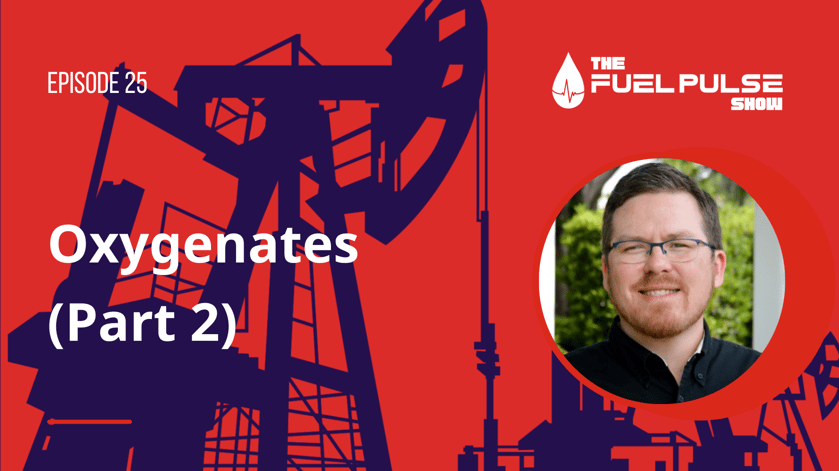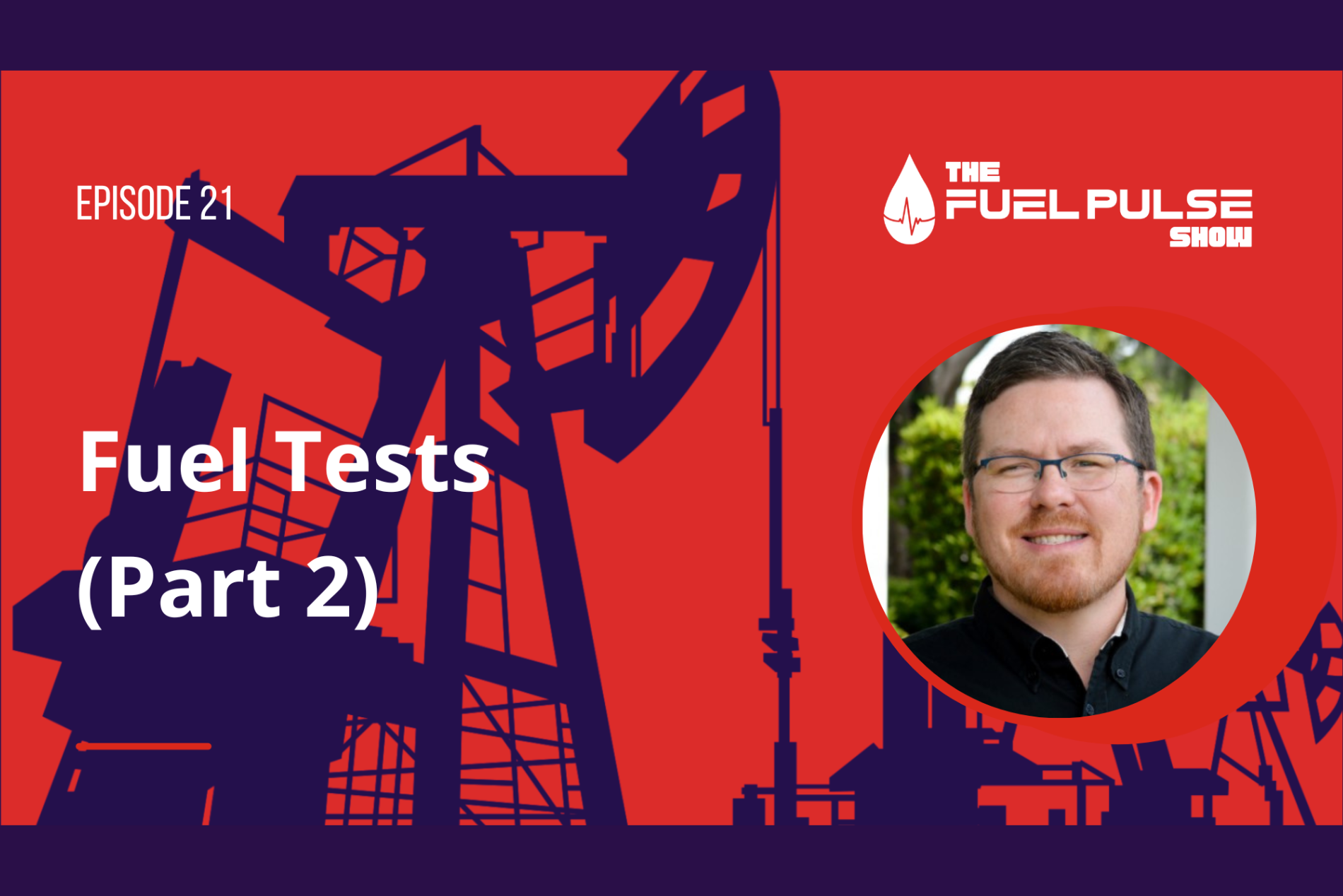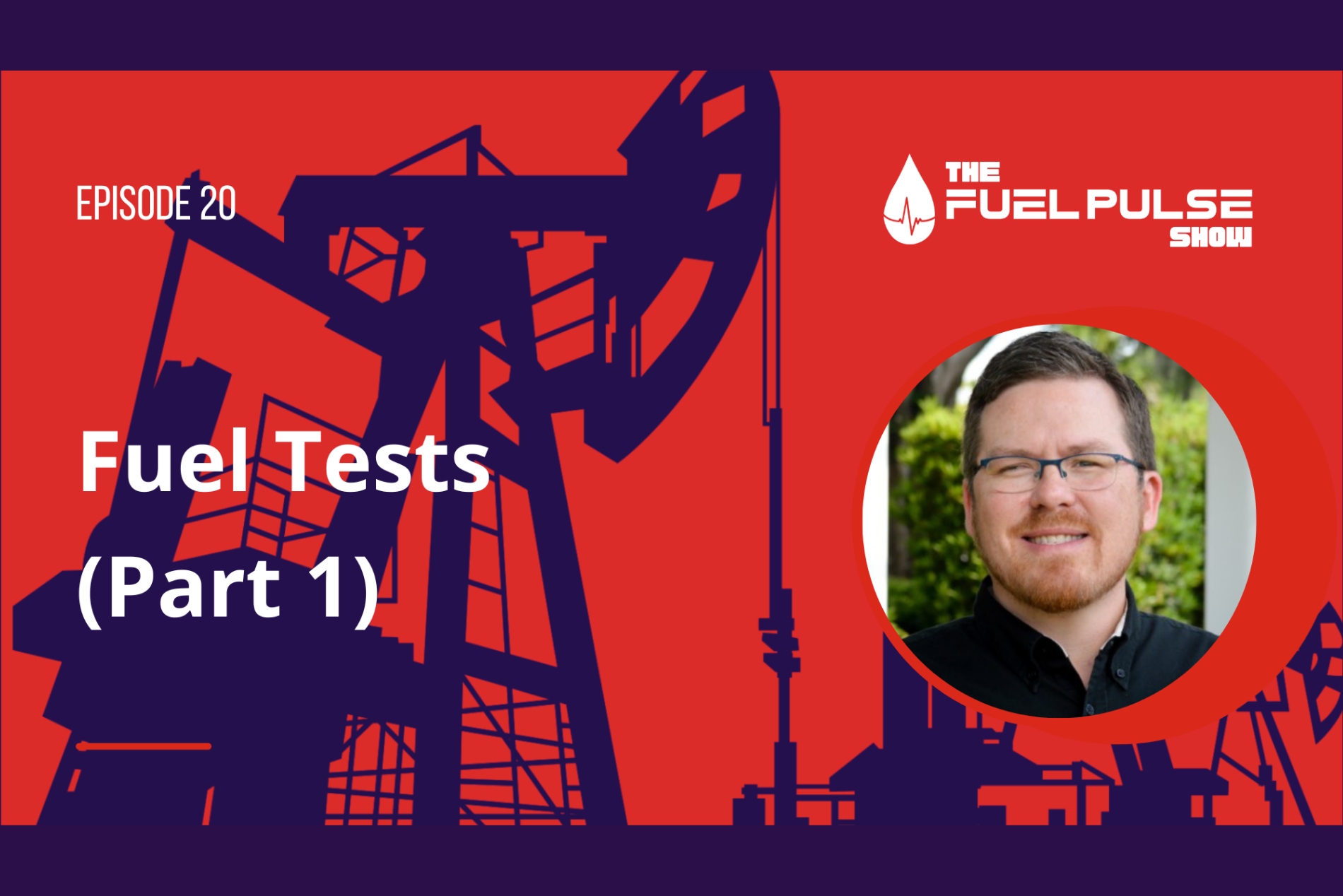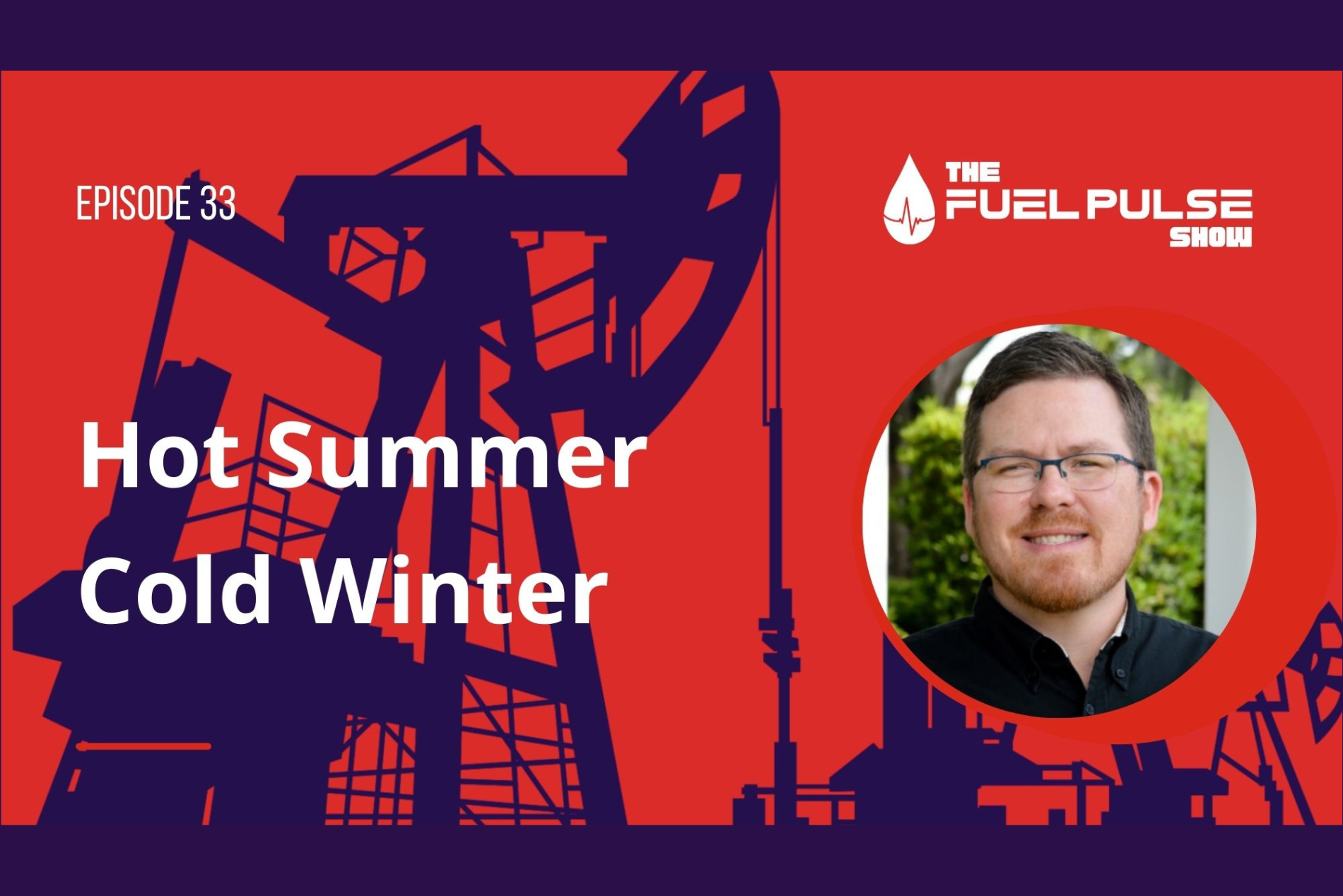Episode 021 - Fuel Tests (Part 2)
Are you ready to dive into the remainder of the top 10 fuel tests to consider for maintaining the health of stored fuel? Then don't miss part two of...


In this episode, we're continuing our discussion on oxygenates and their essential role in fuel. With concerns about air quality in the United States, the federal government began implementing requirements to reduce emissions and clean up the air. One of the solutions that gained traction was adding oxygenates to gasoline, which increases the oxygen content of the fuel and results in cleaner burning and fewer emissions.
Today we'll explore which state led the way in implementing these fuel requirements, as well as how their actions influenced the adoption of oxygenated fuels across the country. Additionally, we'll look closer at the most commonly used oxygenate in fuel today and why it became so popular. Listen in to learn about the issues that ultimately led to the discontinuation of one of the most popular oxygenates, MTBE, and the important role of oxygenates in fuel and their impact on the environment.

Are you ready to dive into the remainder of the top 10 fuel tests to consider for maintaining the health of stored fuel? Then don't miss part two of...

1 min read
We know that maintaining stored fuel health is essential to ensure that it is still in good condition and safe to use. Taking care of stored fuel...

1 min read
On today’s episode, we’re going to be talking about the weather and the relationship between seasons with extreme temperatures. In the last episode,...